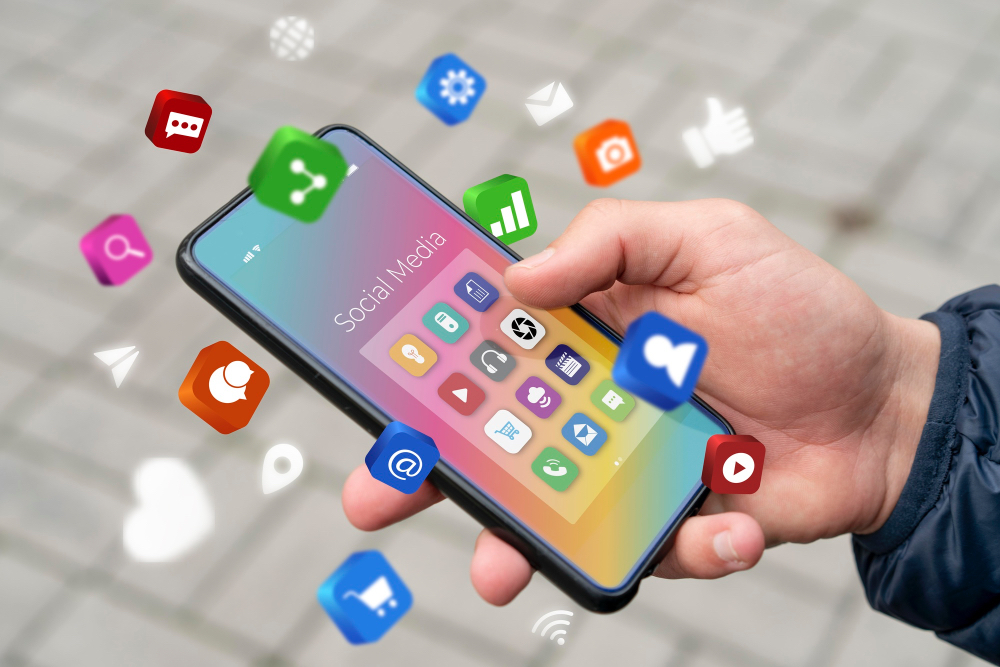The US tech giant, Amazon, is preparing a new phase for its proprietary production tools as the company opens a closed beta that will give selected studios early access to its AI systems.
Developers created the technology inside Amazon MGM Studios to improve character consistency across scenes and speed up work in pre and post-production instead of relying on fragmented processes.
The programme begins in March and is expected to deliver initial outcomes by May. Amazon is working with recognised industry figures such as Robert Stromberg, Kunal Nayyar and former Pixar animator Colin Brady to refine the methods.
The company is also drawing on Amazon Web Services and several external language model providers to strengthen performance.
Executives insist the aim is to assist creative teams rather than remove them from the process. The second season of the series ‘House of David’ already used more than 300 AI-generated shots, showing how the technology can support large-scale productions instead of replacing artistic decision-making.
Industry debate continues to intensify as studios explore new automation methods. Netflix also used generative tools for major scenes in ‘The Eternaut’.
Amazon has repeatedly cited AI progress when announcing staff reductions, which added further concern over the long-term effects on employment and creative roles.
Would you like to learn more about AI, tech and digital diplomacy? If so, ask our Diplo chatbot!










